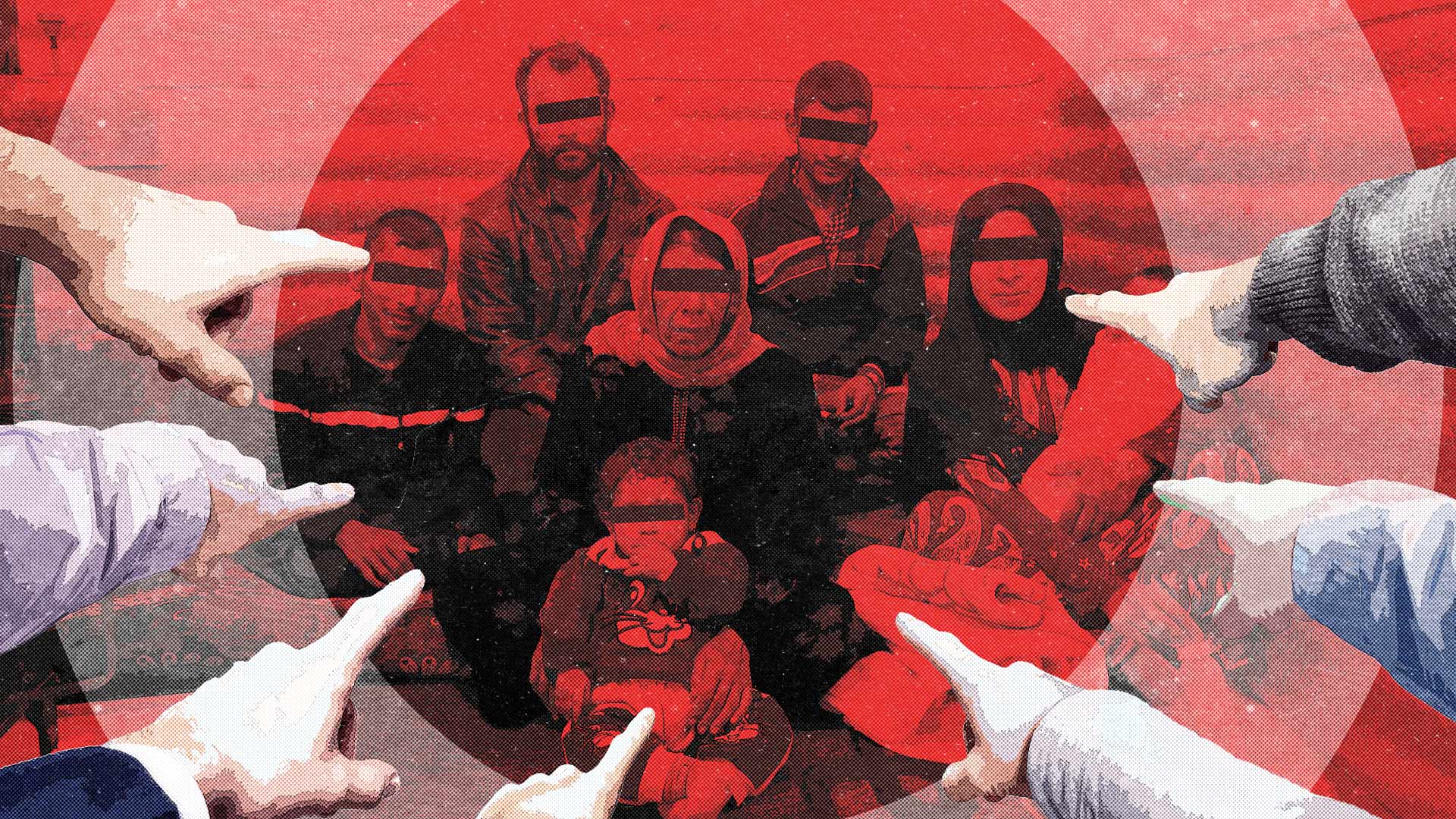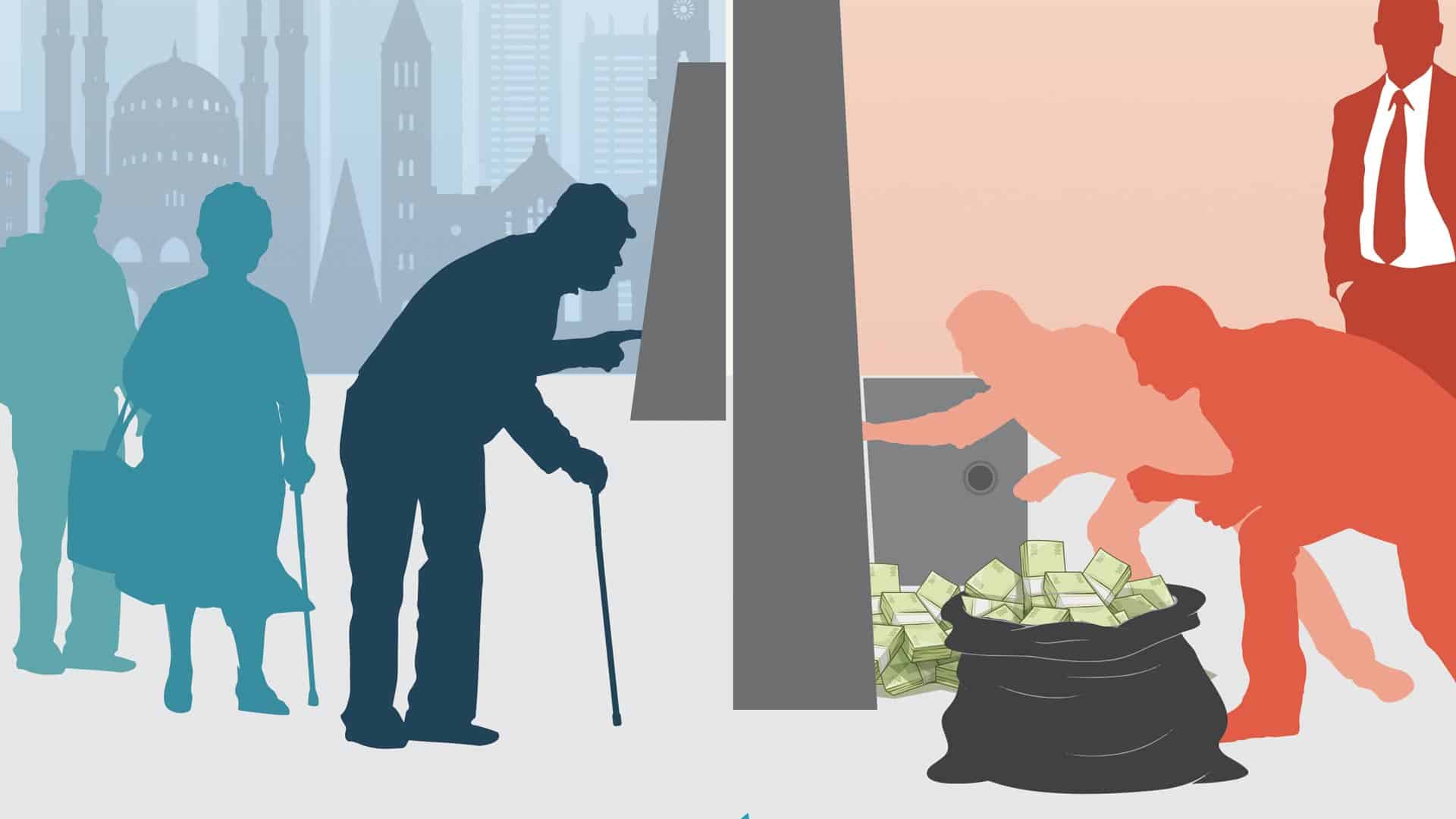Minister of the Displaced Issam Charafeddine wrote global headlines and met with a wave of condemnation on July 6, when he announced that the Lebanese government plans to start sending home some 15,000 Syrian refugees a month. According to him, a special ministerial committee, in place since March, has drawn up “a plan” to guarantee the refugees’ safe return.
“We are serious about implementing this plan, and we hope to do so within months,” he said. “This is a humane, honourable, patriotic and economic plan that is necessary for Lebanon.” Adding: “Whatever the position of the United Nations High Commissioner for Refugees (UNHCR) is, we will go ahead with the plan.”
Lebanon hosts some 1.5 million Syrians, of whom 836,086 are registered with the UNHCR. It is still the country with the world’s highest number of refugees per capita. There is no denying that the Lebanese community has made serious efforts to welcome Syrian refugees following the outbreak of the Syrian conflict in 2011.
Likewise, there is no denying that the mood regarding refugees has changed, especially since the start of the economic crisis. In times of hardship, the weakest link often gets the blame. Indeed, there has been a notable shift in political discourse in recent months.
While Charafeddine was not the first nor the last Lebanese official signalling the need for Lebanon to start deporting refugees in recent months, his “plan” to deport “15,000 refugees a month” took the main stage. However, other than the magic number of 15,000, no further details of the “plan” have come to light, even though deporting such a mass of people would entail a massive logistical operation. It would require filling up 268 buses every month, not considering any luggage or belongings the refugees may have. The lack of detail makes critics believe there may be no plan.
“The minister talks as if there is a validated plan, as if the UNHCR and everyone else are all in agreement,” said Wadih Al Asmar, President of the Lebanese Centre for Human Rights (CLDH). “In reality, this is purely a political discourse. Every time Lebanese politicians get stuck, they use Syrian refugees. They try to divert [attention] from their responsibilities. So they blame the refugees for the economic crisis, rather than the people who took the decisions.”
Proposals and Committees
Badil asked minister Charafeddine if there was a plan and if he could share more details. His written response was cryptic. It mentioned “proposals” submitted to UNHCR Regional Director Ayaki Ito, who had “promised to review them and answer in writing.”
The minister’s response referred to a “plan” to form a “tripartite committee” with the Syrian authorities and the UNHCR and a quadrilateral committee to be formed with Turkey, Iraq and Jordan. Yet, proposals and committees cannot be considered a “plan”.
Paula Barrachina Esteban, Head of Communication at UNHCR Lebanon, was clear about the role (not) played by the UN body charged with protecting uprooted people seeking refuge and asylum worldwide.
“The UNHCR is currently not part of any tripartite negotiations on returns or any kind of return planning,” she said by email. “The UNHCR continues to call on the Lebanese government to respect the fundamental right of all refugees to a voluntary, safe and dignified return and the principle of non-refoulement.”
The principle of non-refoulement guarantees that no refugees shall be returned to a country where they could face torture, cruel, inhuman or degrading treatment or punishment. However, Lebanon does not technically need to abide because it doesn’t recognise refugees under the Rome Statute.
“Most refugees do hope to return to Syria one day,” Esteban added. “Yet, they remain concerned about a combination of factors including safety and security, housing, and access to essential services and livelihoods.”
According to most human rights organisations, Syria is currently not safe to return to. Take the 72-page report “Our Lives are Like Death” issued by Human Rights Watch (HRW) last October. Among the 65 returnees or their family members interviewed, HRW documented 21 cases of arrest and arbitrary detention, 13 cases of torture, three kidnappings, five extrajudicial killings, 17 enforced disappearances, and one case of alleged sexual violence.
(https://www.hrw.org/news/2021/10/20/syria-returning-refugees-face-grave-abuse)
“We share the concerns of Amnesty International and Human Rights Watch when it comes to safety in Syria,” said George Ghali, board member of the Lebanese human rights organisation Alef. “The Lebanese government’s policy seems to be looking at a village by village return. The problem is that it is negotiating with the Syrian government, not taking into consideration changed power dynamics and demographics over the last 12 years. The war economy across Syria has increased warlords, local strongmen, militias, and the growing powers of security agencies. Such things are not entirely addressed by state-to-state relations.”
Charafeddine previously rejected such reports as part of a “fear campaign.” According to him, Syria is willing to welcome back refugees and even drop charges against former (armed) opponents. He also told Badil about a July meeting with Hussein Makhlouf, Syrian Minister of Local Administration and Environment and Head of the Coordination Agency for the Return of Displaced Syrians.
Makhlouf showed him state documents and highlighted provisions, including the postponement of military service. Charaffedine said to be happy the Syrian state was extending its hand to facilitate a safe and dignified return. Yet, seeing the notorious nature of the Syrian regime, it takes more than half-baked promises to guarantee such a return.
Diversion Tactics
These days, as Lebanese social media spreads a toxic mix of hate-speak and lies, Syrian refugees are almost routinely blamed for the country’s lack of electricity, water, jobs and even bread. Yet, the country faced power cuts years before a single Syrian refugee had set foot in Lebanon. Due to decades of utter mismanagement, there would be power cuts even if not a single refugee remained.
Likewise, Syrian refugees do not suddenly eat more bread. Indeed, the current crisis is linked to inflation, the war in Ukraine, and – dare we say so – Lebanese bakers withholding flour in the hope of making more money with future price hikes.
The sad reality is that, according to UNHCR data, 90% of Syrian refugees live in extreme poverty. Some 20% live in “informal settlements” (tents), while most others live cramped together in a shared room or apartment for which they often pay too high a rent. Some 50% live in “substandard conditions.”
As for the few Syrians in Lebanon lucky enough to have found work, they often do the jobs the Lebanese traditionally refuse to do. Even before the outbreak of the Syrian war, manual labour in Lebanon, including construction work, was generally done by Syrians.
“We always emphasise that many refugees bring a certain skill set that can be used for mutual benefit,” said Elena Dikomitis, spokeswoman for the Norwegian Refugee Council in Lebanon.
“Some people think the more miserable life is for refugees, the sooner they will leave. But it is arguably the other way around. You cannot look into the future if you are worried all day about electricity or bread. Refugees should be able to make some money to plan a return.”
Money Money Money
Charafeddine has hardly been the only voice calling for Syrian refugees to be deported from Lebanon. There has been a true choir doing so lately. On May 9, Minister of Social Affairs Hector Hajjar said Lebanon could no longer carry the burden and made wild accusations that Syrian refugees are responsible for “85% of crimes” in Lebanon and profit from “state-subsidized services.”
Likewise, Prime Minister Najib Mikati, on June 20, claimed Lebanon, given its severe economic crisis, could no longer carry the burden of hosting over a million Syrian refugees. It is essential to emphasise the stage in which he did so: on June 20, the 2022-2023 Lebanon Crisis Response Plan (LCRP) was launched.
Since 2015, Lebanon has received about $9 billion in assistance through the LCRP. Virtually bankrupt, Lebanon has appealed for another $3.2 billion, yet foreign donors are wary of coughing up the funds. Over the years, multiple UN-funded programs supported the Lebanese administration to such an extent that some claim it was the internationally-funded staff that kept the country running. Today, donors will think twice before throwing money in a black hole. First, they want to see some significant changes.
It should be noted that the reluctance among foreign donors concerns not only Lebanon and the LCRP but also the UNHCR as a whole. For 2022 the UNHCR requested a budget of $543 million to “assist, empower, protect and solve” Syrian refugees in Lebanon. By May 5, however, only 12% of the funding had come in, leaving a gaping hole of $469 million.
“The $9 billion assistance provided through the LCRP since 2015 has shown tangible results for both the host population and displaced persons,” said UNHCR Head of Communication Esteban. “For example, in 2021, nearly 2.3 million subsidised health consultations were provided, including over 1 million consultations to vulnerable Lebanese. More than $375 million was injected into Lebanon’s economy through cash-based interventions supporting vulnerable Syrian, Lebanese and Palestinian families. In response to the growing food needs, in 2021, 572,000 people received food parcels, including over 350,000 Lebanese.”
In addition, on 4 August 2021, one year after the Beirut port explosion, the Emergency Response Plan (ERP) for Lebanon was launched. The ERP aims to address the needs of the most vulnerable among the Lebanese, migrants, and refugees most affected by the multiple crises that have crippled the country. In 2021, donors brought in $124.2 million. For 2022, so far, $78.9 million has been received, leaving a gap of $136.2 million.
Bluffing
On July 2, at a ministerial meeting of the Arab League in Beirut, Foreign Minister Abdallah Bou Habib was yet another high-ranking Lebanese official who had a go at the Syrian refugees residing in Lebanon.
“The international community does not have a roadmap for the return of the displaced Syrians, which will force Lebanon to act according to its own national interests,” he said, adding that Lebanon will not accept the establishment of permanent refugee camps on the country’s border with Syria.
Admittedly, Bou Habib has a point. As Lebanon does not have a plan, western countries, burdened by an anti-immigrant climate, seemingly do not have one, except for paying off Lebanon and the UNHCR to keep refugees within the region. In 2021, only 8.034 Syrian refugees in Lebanon were resettled by the UNHCR. About half travelled to the US and Canada, while the rest mostly ended up in Europe. The trend continued in 2022. So far, only 3,158 Syrian refugees have found their way from Lebanon overseas.
Since 2016, only some 70,000 refugees have voluntarily left Lebanon for Syria, as verified by the UNHCR. This year only 3,606 did so. This is not only due to matters of safety and security in Syria. Broken by war and burdened by international sanctions, Syria has nothing but economic hardship to offer.
The Lebanese government is not only using the Syrian refugees as a distraction from its failures in dealing with the crisis, but also as its main card in a high-high-stakes of international bluff poker worth a potential $3.2 billion. The risk is that the political discourse helps creates its own reality on the ground.
“These political statements cause tension,” said a Ministry of Social Affairs source. “Not only between Lebanese and Syrians but also among the Lebanese. If the situation continues like this, we will sooner or later reach an explosion.”
So far, it has only been incidents. The Lebanese army recently uprooted a dozen families in tents in the Bekaa Valley, some municipalities in the country’s south introduced checkpoints and even a curfew, and bakeries across the country started separating bread lines between Syrian and Lebanese. Yet, the real fear is that only incidents today could constitute the new normal tomorrow.



